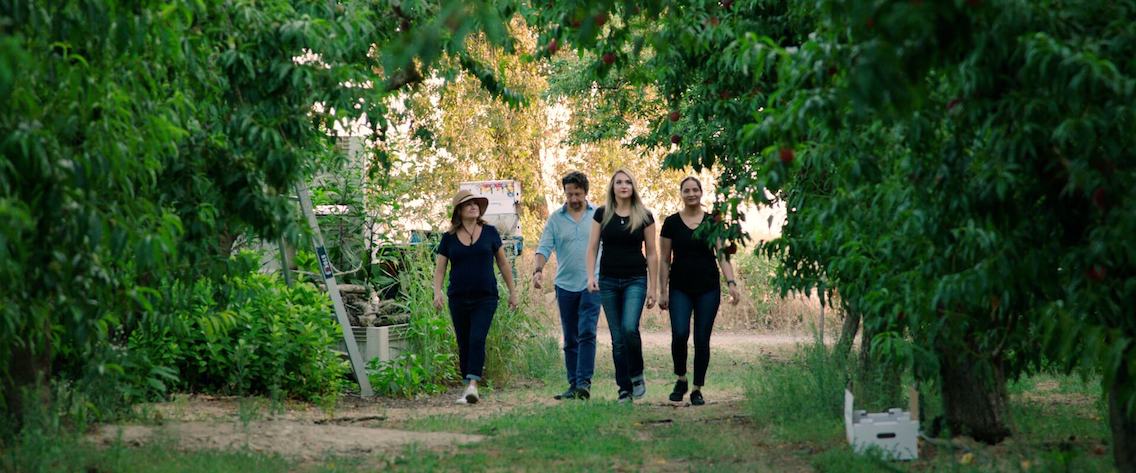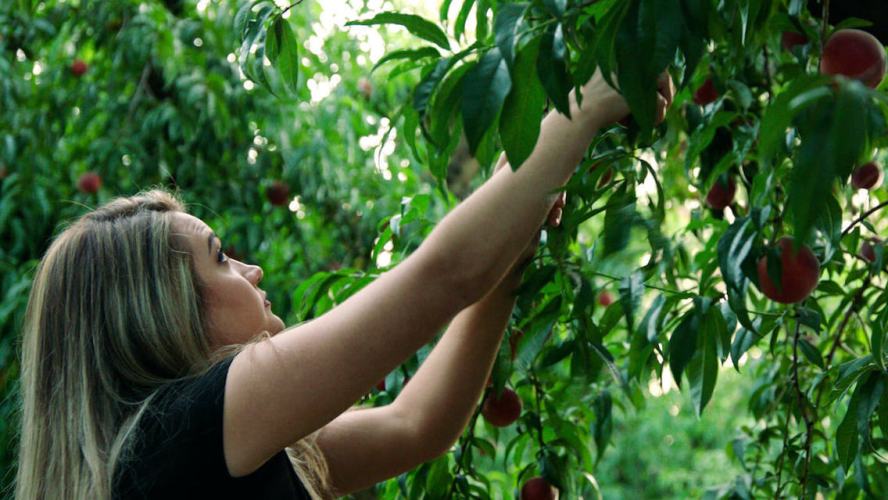In March of 2020, the COVID-19 pandemic quickly caused widespread disruptions in the food supply chain. Food-service providers like restaurants, cafes, retail stores — even universities and company cafeterias — shut down. Suppliers faced lower demand due to widespread closures. Others sacrificed slaughtered livestock or left quality produce in fields to rot. Millions of people sought out, yet couldn’t get, food at their local supermarket. But one resilient Northern California small business decided to stare the pandemic in the face and say, “I will not let you stop me.” A quick pivot and some help from technology saved jobs, built iron-clad relationships, and tripled sales.
When the pandemic hit, Sutter Buttes Natural and Artisan Foods and its owner Alka Kumar had 25 employees at risk of losing their jobs. She watched full orders literally get canceled en route to stores. Kumar realized she needed to pivot her business to not only keep it alive but also to support her workers and the many farmers and other vendors who relied on her to buy from them.
Kumar started her business, which produces and sells an array of packaged gourmet foodstuffs like olive oils, sauces, vinegars, jams, spices, and baking kits, during the 2009 recession in Yuba City, Calif., an area with deep, rich farming roots. The company sources much of the raw materials for those goods from local farms. It had a robust business and was poised to have a solid 2020. That was before things ground to a halt.
“We were scared and didn’t know what was going to happen,” Kumar admits. “Things started shutting down and as a small business owner, you don’t know what to do. You have 25 people relying on you and all of a sudden you have to tell them there’s no work for them. You’ve got tens of thousands of dollars in merchandise sitting on your floor and wondering what you are going to do with it. So you’re terrified until you make a plan and decide how you’re going to move forward.”
Pivoting a business during a crisis

While Sutter Buttes mainly focused on wholesale, it has always had an online direct-to-consumer (D2C) presence. When so many of her wholesale customers shut down, Kumar amped up the D2C side of her business. For her, communication was key, and she used Salesforce Service Cloud and Sales Cloud to maintain contact with current and new customers. She uses lead routing, tasks, and opportunities items to track leads; and sets up reminders to follow up with sampling and tracking. With all of that, Kumar knows the importance of reaching out to customers, if even just to say hello.
“It’s very important to keep the relationships going,” Kumar says. “During a time when you might want to just hibernate, you need to be out there calling customers, finding out how they’re doing. It turned out to be a nice time to actually talk to people; it was nice to connect with everybody and having the software to do it helped us a lot.”
Supply chain disruptions set Sutter Buttes back while waiting on out-of-stock ingredients. In fact, it’s still an issue as Kumar and her team head into the important holiday season.
“The supply chain has been disrupted by COVID tremendously,” Kumar says. “Our customers may not realize this, so we find it important to communicate lead times, product shortages, and more with them regularly so there’s an understanding of what’s going on with our business. It’s important to retain these customer relationships.”
Kumar also looked to the past to help guide her decisions and actions.
“This year, we had to go back to the basics,” Kumar admitted. “We learned from our initial years in business to reach out and talk to customers. We didn’t have access to trade shows and in-person meetings, so Salesforce was essential for us keeping in touch with all the leads we’ve accumulated. We had to dig in and reach out to all of our customers.”
Kumar also realized a crisis is a time to connect with other like-minded business owners, whether to commiserate or lend a hand. She feels that regular communication with colleagues, but even more with customers, is crucial. Above all, however, is the ability to change focus to ensure your business survives the trauma.
“Pivoting is essential to keep things going in the business,” Kumar said. “Even this year, during hard times, we looked at what people want and need and tried to accommodate that. We are already looking ahead to 2021 and beyond. Working through the difficult times this year will ensure those relationships remain in years to come.”
Exceeding expectations

Even with setbacks like supply chain disruptions and unexpected price spikes, Kumar kept looking forward. Like 72% of other SMBs reflected in a recent Salesforce SMB Trends Report, she is optimistic about the future. Today, she can proudly say Sutter Buttes has tripled its sales during the pandemic. That’s certainly no small feat.
“This was an opportunity to do something good for farmers and consumers when they really needed help getting food and selling,” Kumar said. “So when everything was kind of doom and gloom, there was a bright light.”
A light, she hopes, that will continue to shine for her business and the local farming community. See the Sutter Buttes story for yourself:
Position your small business to win
See the latest research to help boost your SMB in 2021 and beyondn
































